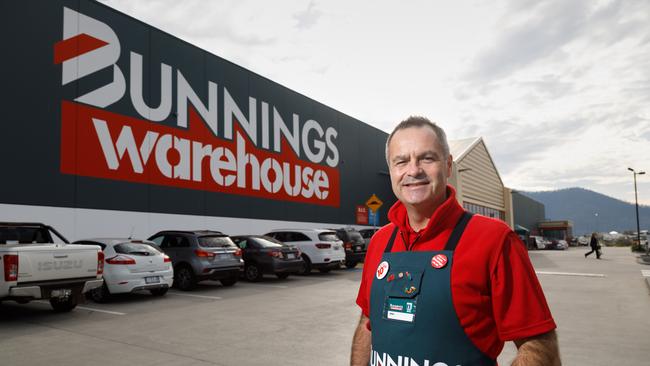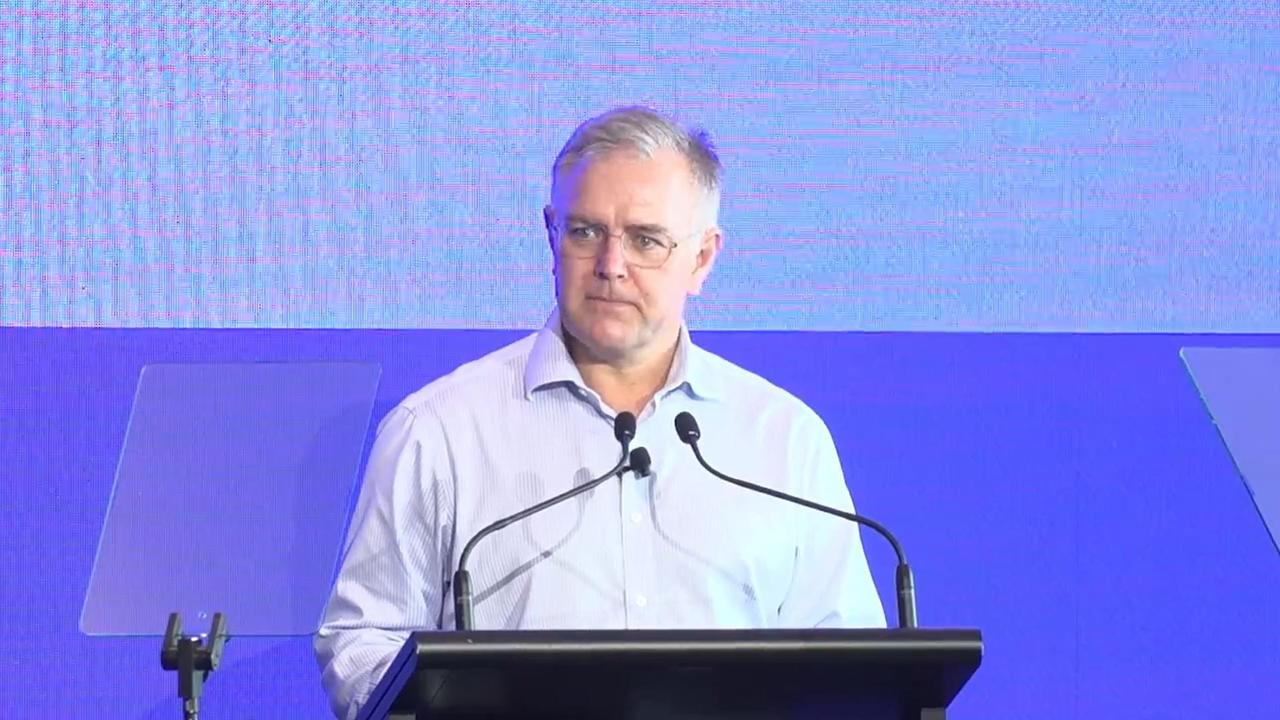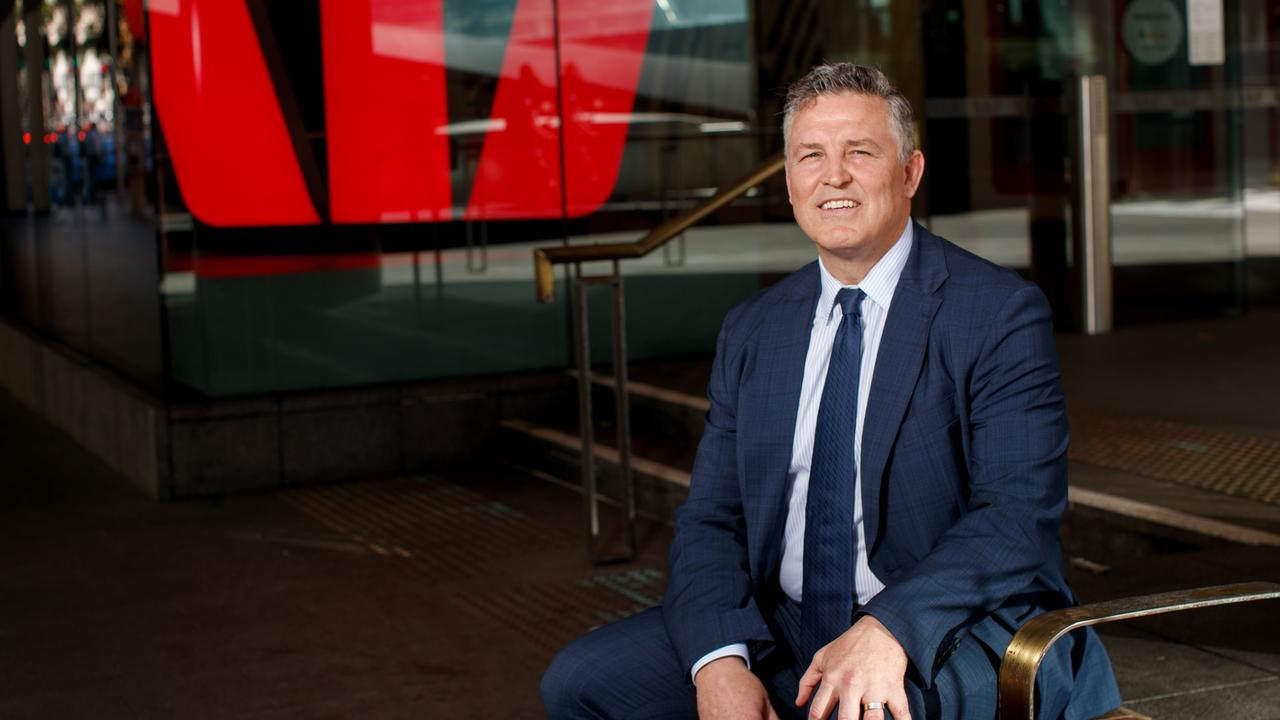Companies from Bunnings to Telstra redraw battle-lines in Australia’s talent war
Battle lines are being redrawn this year as companies get creative to combat their third straight year of a skills shortage rather than splash cash on expensive new recruits.

Battle lines in a talent war among businesses are being redrawn this year as companies get more creative to combat their third straight year of a national skills shortage rather than simply splashing cash on expensive new recruits.
The past three years have delivered a bonanza for job-hoppers, who have negotiated higher salaries as inflation hits its highest level in more than 30 years, with mortgage payments and higher energy bills hitting household budgets.
But Telstra Ventures co-managing director Mark Sherman said companies will discover this year that they “need to be talent makers versus talent takers”.
“The average company spends $1071 on training per employee per year (maker) versus $4000 to get a new employee (taker),” Mr Sherman said.
“In 2023, companies will invest their training spend to “known” employees versus spending more to attract “speculative” prospects to bring on new skills.”

It comes as the Reserve Bank has strongly hinted that more interest rate increases may be needed this year to avoid a price-wages spiral and cool inflation. At the same time, productivity growth is pitched at a low of 1.2 per cent.
Bunnings Mike Schneider said businesses needed to beef up their training budgets to help lift productivity.
“We see labour market reform as a priority to lift productivity. We believe investing in skills will drive labour market reform and should include government support for education, skills development and skilled worker immigration in constrained sectors — such as supply chain, data analytics, digital capability as well as trades,” Mr Schneider told The Australia’s CEO Survey.
“We’d like to see a focus on getting young people into trades as a way to address the shortage of construction skills we’re seeing in some markets, and support such an important industry.
“We also believe employers have a responsibility here too, and we’ve always put an emphasis on team member training internally. Coming out the other side of Covid-19, we’ve ramped this up even further, with team members completing more than 435,000 hours of training in the first quarter of this financial year.”
Australia faces a skills shortage of about 500,000 workers. Advance chief executive Johanna Pitman said unless Australian businesses are “proactive and creative” in how they secure talent, the shortfall in skills will put significant pressure on growth, productivity and innovation in 2023.
Ms Pitman said companies should pounce on the Christmas and new year break and tap into the 30,000 skilled Australians who return home each year during the holiday period.

“We need to expand our focus beyond seeking more skilled worker visas and look at the remarkable Australian citizens who live and work overseas as a way of propelling our economy forward,” Ms Pitman said, adding managers could meet with expats informally.
“Expats come home in their thousands over Christmas — with their boardies and beachwear, not suits. They have valuable insights, expertise and experience that can help solve these challenges.”
Australian Institute of Company Directors chief executive Mark Rigotti said the skills shortage was one of the biggest challenges for businesses and tackling it required a mindset change from executives. He said tapping into the expat community was one way to help solve the problem.
“We need to start thinking differently about how we hire people and source talent,” Mr Rigott said.
“Connecting over the Christmas period is a great way to do this. With so many expats coming home, we have a chance to meet and talk with successful people who can bring their global knowledge and apply it to Australian business challenges and set the stage for the next phase of growth, innovation and leadership.”




To join the conversation, please log in. Don't have an account? Register
Join the conversation, you are commenting as Logout